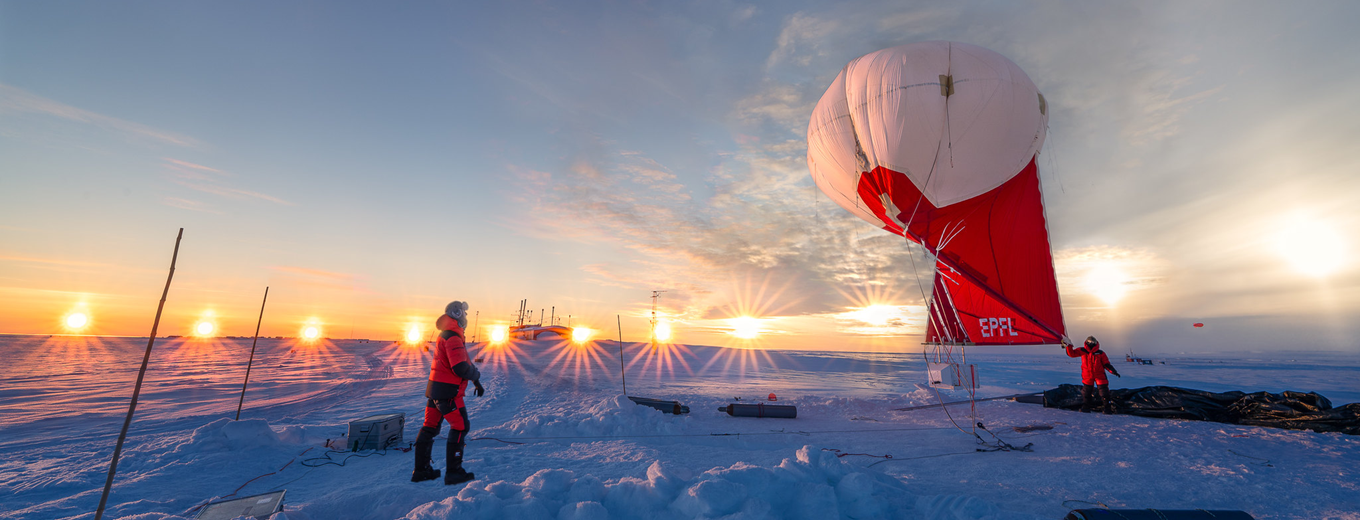A recent DG RTD report examines how EU countries protect and promote the freedom of scientific research through legal frameworks and policies.
A new report by the DG RTD shows the European Commission’s commitment to protecting and promoting the freedom of scientific research in the EU. The study evaluated the existing legislative and policy frameworks that govern scientific research freedom and analysed both the de jure (legal) and de facto (state of play) dimensions. The report intended to provide the European Commission with an evidence base that can help them in developing legislative proposals regarding the protection and strengthening of scientific research freedom in the EU. The EU intends to establish academic freedom in European law through the ERA Act, set for adoption in 2026 as outlined in the Competitiveness Compass for the EU. At the moment, the European Research Area Act is open for public consultation, providing an opportunity for all stakeholders to share their input and perspectives.
The freedom of scientific research is widely considered and a fundamental value for democracy and as a human right that underpins societal progress. It has been a key principle of the European Union’s framework programmes since the adoption of the Bonn Declaration on ‘Freedom of Scientific Research’ in 2020. According to the Bonn Declaration, freedom of scientific research entails the obligation of governmental institutions to ensure the protection of researchers while simultaneously upholding the principle of non-interference.
Academic and scientific research freedom are key principles in supporting knowledge creation, societal progress and innovation. According to the literature, the freedom of scientific research entails the following dimensions: (1) the ability to set a research agenda and choose methodologies, without political or corporate interference; (2) the option to collaborate with researchers across borders and to share findings with the public without any restrictions; and lastly (3) researchers ability to challenge existing norms and ethics.
Existing literature highlights several challenges that put the freedom of scientific research under pressure on a global scale, due to political interference, institutional constraints and economic pressures. In developing countries, researchers may be particularly vulnerable due to political instability, limited funding, and restrictive policies. Therefore, the report emphasises the need for legal and institutional frameworks to protect scientific research. While some countries, such as Germany, have strong legal protections, implementation and support differ across the world.
For the study, a comparative analysis of the de jure and de facto state of scientific research freedom was conducted across EU member states and selected non-EU countries, including Switzerland, Norway, and the United Kingdom. To assess the legal frameworks, the report analysed existing legislation in each country. The analysis showed that half of the countries protect scientific freedom within their constitution, while the other half rely on other frameworks and legal acts. In Switzerland, as guaranteed by the Federal Constitution, higher education institutions are committed to preserving both academic freedom and institutional autonomy. Academic freedom is formally recognised as a fundamental right and explicitly protected by the Swiss constitution. However, in several countries, legal frameworks permit government intervention under specific conditions, such as national security or public health.
Understanding the definitions of scientific and academic freedom is key to grasping the scope and implications of these rights within the academic landscape. Such an analysis helps identify gaps or ambiguities in existing legal frameworks that may limit their effective protection. While some countries provide explicit legal definitions, others rely on broader constitutional principles and legislative frameworks to safeguard these freedoms. This is also the case in Switzerland, where, despite the absence of a specific legal definition, the freedom of scientific research remains protected through legislative frameworks and constitutional principles. Nonetheless, the lack of uniform definitions across countries complicates the landscape and highlights the need for a more standardised approach to defining and protecting the freedom of scientific research across jurisdictions.
Overall, the report outlines that, although most of the countries studied provide legal protections for the rights of scientific researchers, the form and scope of these protections differ, ranging from constitutional provisions to institutional policies. However, the practical effectiveness of these legal protections varies widely. The findings of the report suggest that this variation points to the added value of establishing a stronger legal framework to regulate these rights.
Another key finding is that, although institutional autonomy is generally well-protected in legislation across many countries, researchers’ actual independence can be influenced by external factors, including political agendas and government funding priorities.
Finally, the report highlights that the freedom of scientific research is closely connected to international collaboration, as researchers rely on the cross-border exchange of information and expertise. In most of the selected countries, legal frameworks allow for scientific engagement in international partnerships. The report also highlights the responsibility of the global community to protect this freedom. Overall, it points out that international collaboration not only enhances the quality of research but is also essential for addressing challenges that go beyond national boundaries.

